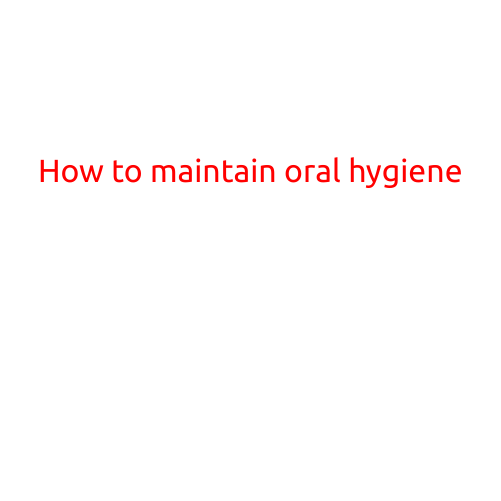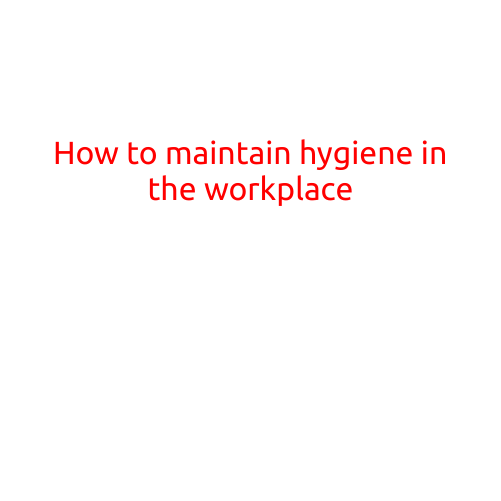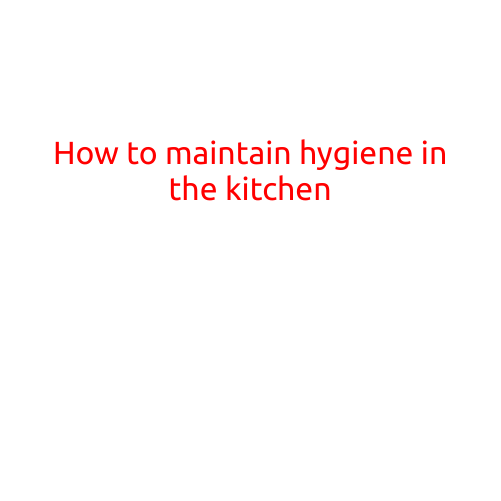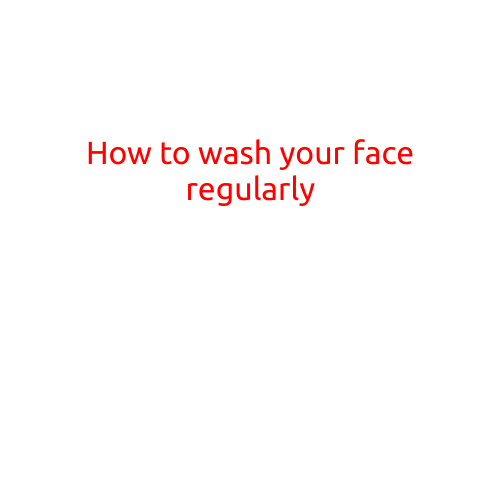
How to Practice Good Hygiene Habits
Maintaining good hygiene habits is essential for overall health and well-being. By practicing good hygiene, you can reduce the risk of illness, prevent the spread of germs, and feel more confident in your daily life. In this article, we’ll cover the importance of good hygiene habits and provide practical tips on how to incorporate them into your daily routine.
Why Good Hygiene Habits are Important
Good hygiene habits are crucial for preventing the spread of illnesses and infections. When we fail to practice good hygiene, we can potentially spread germs to ourselves and others, which can lead to a range of health issues, from mild colds to serious diseases. In addition to physical health, good hygiene habits can also boost our mental health and self-esteem.
Simple Hygiene Habits to Practice Everyday
- Wash Your Hands Frequently: Washing your hands with soap and water is one of the most effective ways to prevent the spread of germs. Make it a habit to wash your hands:
- Before eating
- After using the bathroom
- After blowing your nose, coughing or sneezing
- After touching animals or their waste
- After handling food
- Shower or Bathe Regularly: Keeping your body clean can help prevent the growth of bacteria and other microorganisms. Aim to shower or bathe at least once a day, and more often if you engage in physical activity or work outdoors.
- Use Deodorant or Antiperspirant: Using deodorant or antiperspirant can help prevent body odor and sweat stains. Apply it immediately after showering or bathing for maximum effectiveness.
- Brush and Floss Your Teeth: Good oral hygiene is essential for preventing tooth decay, gum disease, and bad breath. Brush your teeth at least twice a day and floss once a day to remove plaque and food particles.
- Change Your Clothes Regularly: Wearing clean clothes can help prevent the growth of bacteria and odors. Aim to change your clothes at least once a day, or more often if you’ve been engaging in physical activity or working outdoors.
- Wear Clean Undergarments: Changing your underwear regularly can help prevent the growth of bacteria and odors. Aim to change your underwear at least once a day, or more often if you’ve been engaging in physical activity or working outdoors.
- Use Clean Towels and Bedding: Using clean towels and bedding can help prevent the spread of germs and bacteria. Wash your towels and bedding in hot water at least once a week.
Additional Tips for Maintaining Good Hygiene Habits
- Carry Hand Sanitizer: Carrying hand sanitizer can help you clean your hands when soap and water are not available.
- Avoid Touching Your Face: Touching your face can transfer germs from your hands to your eyes, nose, and mouth, which can lead to illness.
- Cover Your Mouth and Nose: Covering your mouth and nose with a tissue or your sleeve can help prevent the spread of germs when you cough or sneeze.
- Clean High-Touch Areas: Cleaning high-touch areas, such as door handles, light switches, and remotes, can help prevent the spread of germs.
- Stay Hydrated: Drinking plenty of water can help flush out toxins and keep your skin and body healthy.
Conclusion
Practicing good hygiene habits is essential for maintaining overall health and well-being. By incorporating simple habits, such as washing your hands frequently, showering regularly, and using deodorant, you can reduce the risk of illness and prevent the spread of germs. Remember to carry hand sanitizer, avoid touching your face, and clean high-touch areas to keep yourself and others healthy. With consistency and discipline, good hygiene habits can become second nature, and you’ll feel more confident and healthier as a result.





